GENDER EQUITY INDEX TOOL
A Common Language and Framework
for Action on Gender Equity
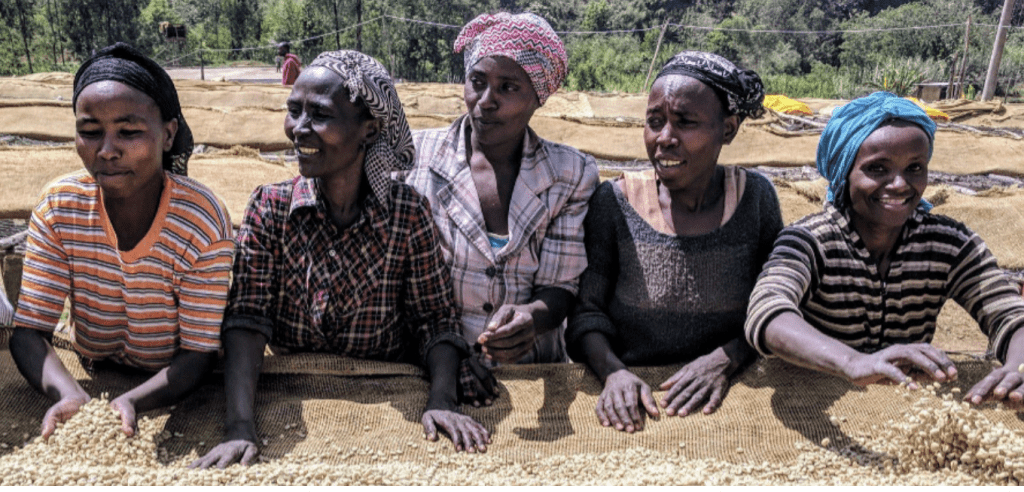
WOMEN PLAY A CRUCIAL ROLE IN PRODUCING COFFEE
They contribute anywhere between 40-80% of the labor it takes to get coffee beans from the farm to your final cup of coffee. At EFICO, we applaud the importance of women in the supply chain and their fundamental role in the well-being of producing communities.
THE GENDER EQUITY INDEX COLLAB
We are very pleased the non-profit Equal Origins asked us to team up to develop a “Gender Equity Index” together with a group of private companies, including coffee roasters, other green coffee traders and NGOs. The GEI is an assessment tool that helps service providers to build their awareness of gender equality and to embed it in their initiatives and training, with the end goal of increasing the productive value of farms and their workers.
By engaging with the Gender Equity Index, Extension and Advisory Service Providers participate in a continuous improvement process that supports them to make credible progress along a journey toward greater gender equity in their services provision. The infographic below describes the process.
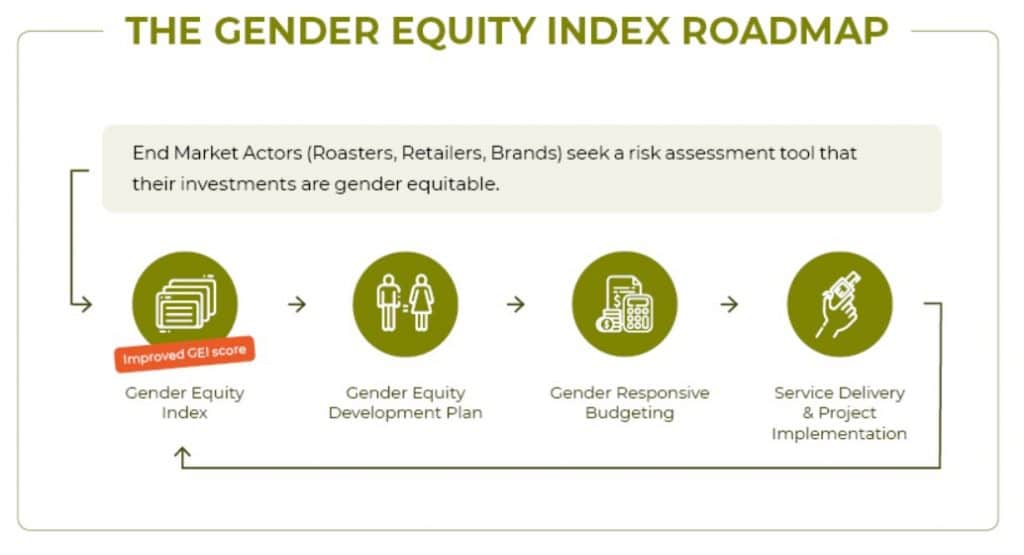
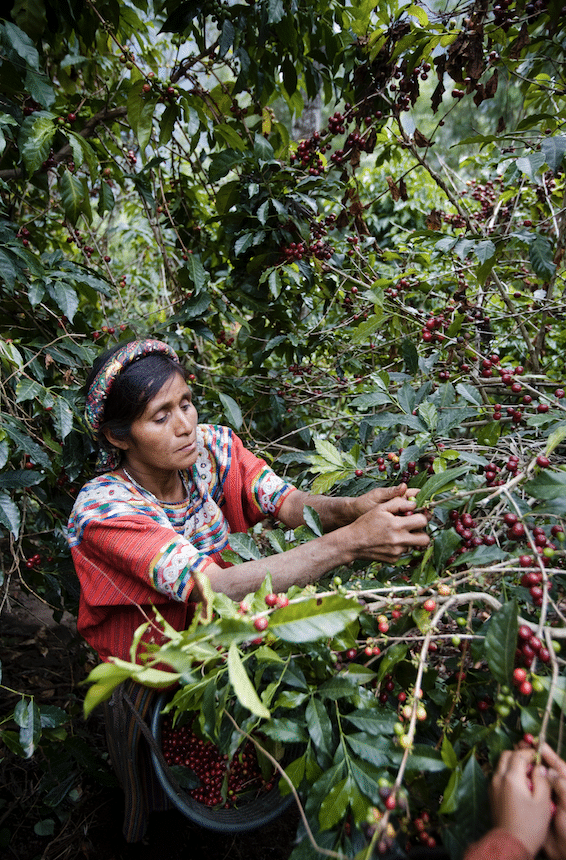
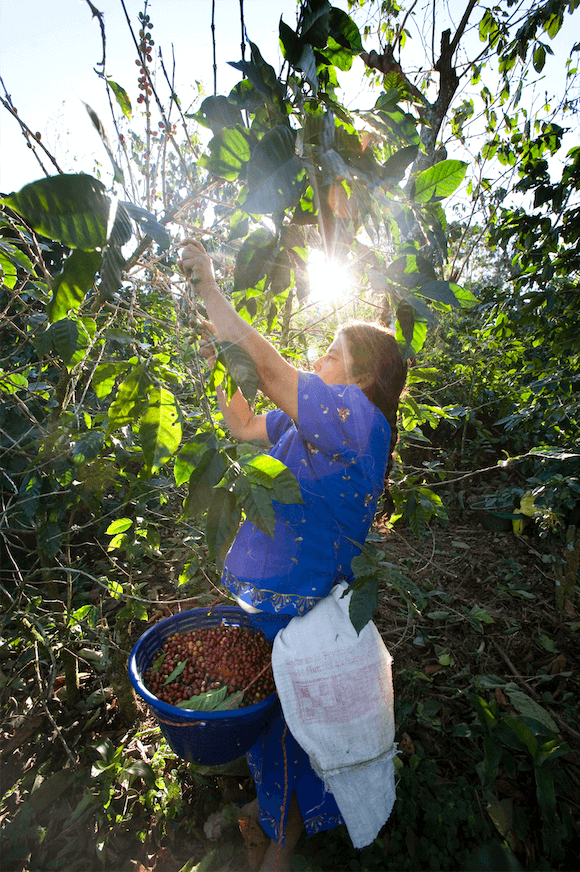
THE GENDER EQUITY INDEX TOOL
This diagnostic tool reveals strengths, weaknesses, and inconsistencies across regional or country extension offices in their capacity to reach and benefit women. The GEI final report provides detailed recommendations for service providers.
Using the results of the diagnostic, service providers develop their own internal capacity to reach and benefit women through planning and by prioritizing action and investment in their staff and program methodologies: Gender Equity Development Planning, Gender Responsive Program Design and Gender Responsive Budgeting.
Roasters and brands encourage implementation partners to utilize and share the results of the GEI to support them with gender responsive budget investments and premiums that build or provide the necessary internal capacities to reach and benefit women.
The GEI online self-assessment is a living document that can be updated regularly when new capacities are established. User reports are a valuable tool to communicate progress to downstream supply chain partners and customers seeking greater gender equity within their supply chains.
“By investing in gender equity, we can see significant improvements in crop productivity and quality as well as marked social impact. When we engage the full capacities of both men and women in the coffee and cocoa supply chain, the resilience of all stakeholders, including communities, crops and businesses, will be strengthened.” Kimberly Easson, Equal Origins
EFICO & EFICO FOUNDATION x ALDEA GLOBAL x GEI
EFICO and EFICO FOUNDATION provided support to the GEI development together with a focus group throughout 2021. Read more about it here.
We tested the tool in its first phase with our partner in Nicaragua: Aldea Global. The positive outcome of the pilot test was a reassurance of the strong vision on gender equity present at Aldea’s team and the recommendations for improvement will be integrated.

“In 2021, Aldea Global updated its Gender Equity Policy incorporating Information and Communication Technologies initiatives providing a platform to strengthen our 3,800 plus women members’ voices as well as participation as part of our digital strategy into the 21st Century.” Warren E Armstrong, Aldea Global
A more generic version of what the tool can do – not related to Aldea Global – is to be viewed in below image and following link:
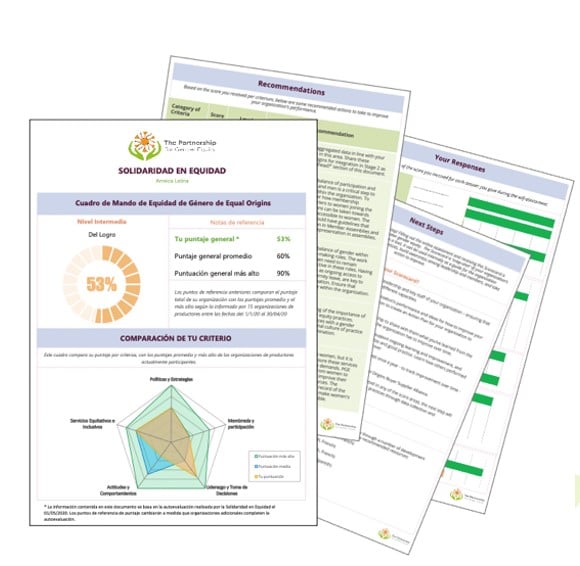
“At EFICO, we applaud the importance of women in the supply chain and their fundamental role in the well-being of producing communities.” Renaud Cuchet, EFICO Central America
Our aim is to further elaborate on the beta testing with other partners and multiply the positive trigger effect.
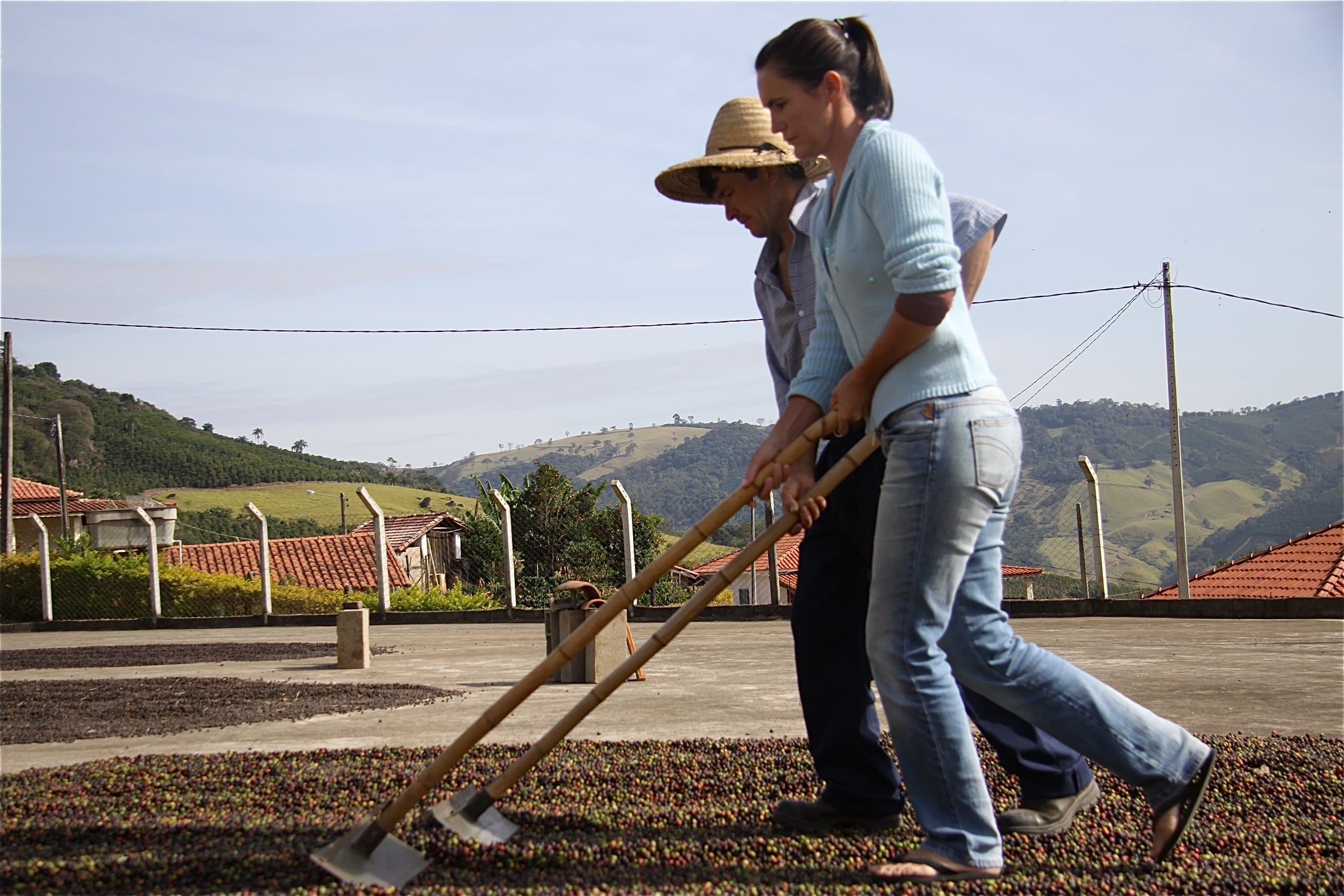
TOOL BREAKDOWN
Q&A
The tool consists of 67 questions spanning 5 domains of gender equity, and once completed, users will receive annual evaluations of their progress, and have mastered a shared language and understanding of gender-equitable capacity-building at origin. Much like the language of coffee tasting, building a shared understanding can facilitate conversations for action and impact among partners globally:
FEEDBACK – RECOMMENDATIONS ⇒ ACTION PLAN
There is no single cause preventing women’s participation in the vocational education being provided to producers. Equal Origins returns a report with a score and targeted recommendations from across five domains of gender equity. From this report, the user can develop a prioritized action plan to improve their internal capacity supporting gender awareness among staff and gender responsiveness within projects.
WHERE ARE WE NOW AND WHAT IS NEXT
Besides the involved industry and development sector partners, Equal Origins convened six gender experts to inform the design of the tool, aligning it with best practice in gender in agricultural development.
The GEI has been a pre-competitive effort among coffee and cacao stakeholders. It is free to use and available now in three languages.
Currently, there are two different surveys available: one for extension and Advisory Service Providers (EAS) and one for Producer Organizations. Demonstration versions of the tool are available for both EAS and Producer Organizations.
Those curious to explore the tool and reports, can sign up for an Equal Origins account here:
https://ge-eval.equalorigins.org/en/signup
To learn more about starting your own gender equity journey, please reach out to Kimberly Easson.
“At EFICO and EFICO Foundation, we committed to contribute to the development of the GEI tool. We always enjoy collaborating and brainstorming with like-minded partners within our coffee community, who share the same values and interest for innovation, knowledge-sharing and continuous improvement. We look forward to further rolling out and shaping this innovative tool and will continue supporting the aim of Equal Origins for the GEI to become an industry standard: a common language, serving as a positive trigger for gender equality.” Dorien Van Dun, EFICO Foundation
ACKNOWLEDGEMENTS & REFERENCES
Kimberly Easson, Equal Origins
Greg Meenahan, Equal Origins
Warren E. Armstrong, Aldea Global
Renaud Cuchet, EFICO Central America & EFICO Foundation
Dorien Van Dun, EFICO & EFICO Foundation
Introducing the Gender Equity Index : A New Tool to Benefit Coffee’s Hidden Workforce
EFICO’s Annual Progress Report p. 22-27
Partnership for Gender Equity Developing Gender Equity Index for the Coffee Industry
